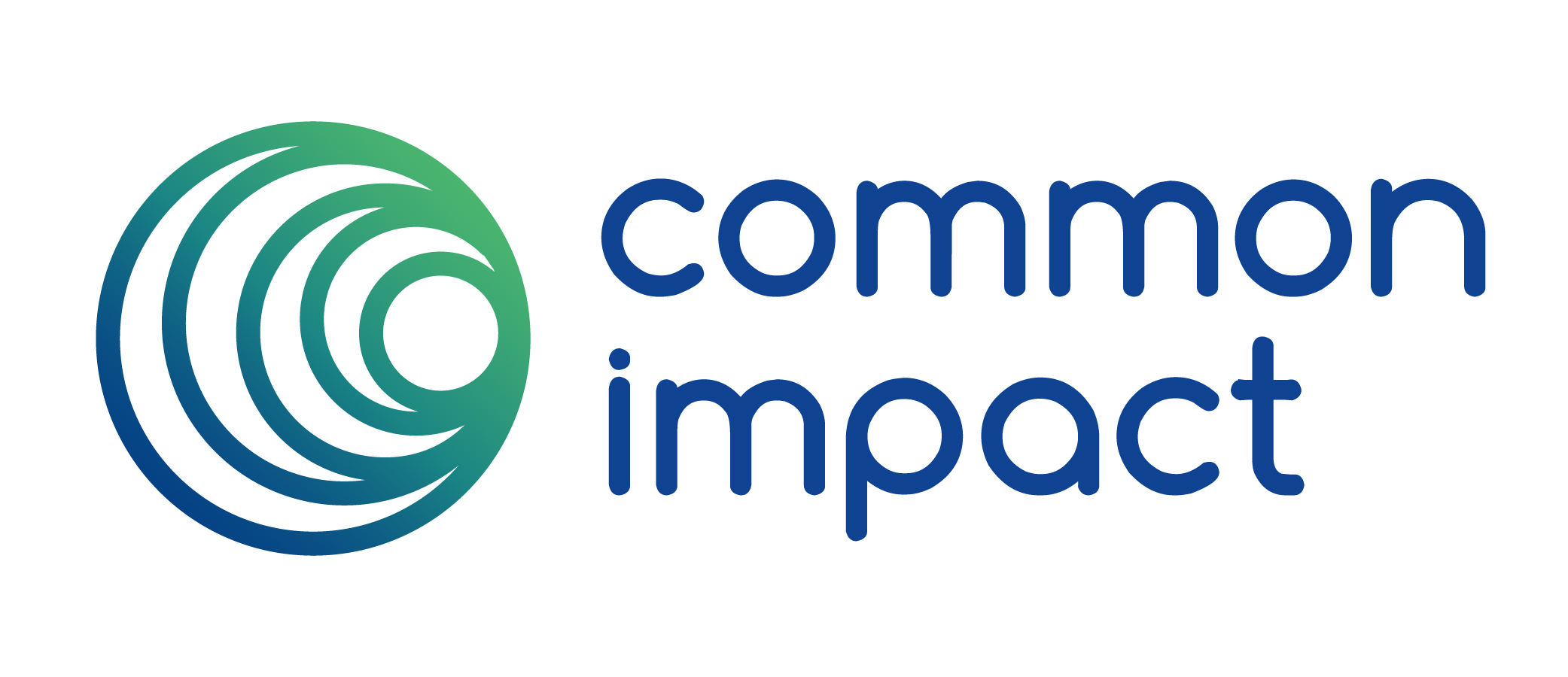Voice from the Field: Cassie Scarano, CEO and Co-Founder, Commongood Careers
A nonprofit recruiter’s take on how to recruit, develop and retain mission-driven talent

Voice from the Field: Cassie Scarano, CEO and Co-Founder, Commongood Careers
by Cassie Scarano and Common Impact
1. Do you think that there’s a “talent gap” in the nonprofit sector? If so, what’s the nature of it? If not, why do you think there’s a misconception in the field?
I haven’t seen a gap with the supply of talent, but rather increased competition for candidates. Fifteen years ago a nonprofit’s 501c3 status was a big differentiator in attracting mission-driven talent. Now, with the growth of social enterprises and for-purpose businesses, we find that same talent is both sector and mission agnostic.
This supply of mission-driven talent doesn’t always fit neatly into the demand. Organizations often feel like they need to hire someone who has experience in a similar context or role. However, we find that people aren’t seeking the exact same job as they have done in the past, unless there are really strong differentiators in the new role, such as a compelling mission area, additional growth opportunities available, or a salary increase.
Retention is also an issue. Many nonprofits don’t have well-defined career trajectories and find themselves with missing “rungs” on their organizational chart. Additionally, there aren’t a lot of opportunities for employees to develop management acumen. Many employees end up in management positions because they are strong individual performers, not because they’re experienced or trained managers.
2. What are you hearing from the up-and-coming nonprofit workforce? What drives them?
The up-and-coming nonprofit workforce wants to make a difference. They are invested in organizations that prioritize impact and have well defined engagement opportunities, regardless of what sector they are in.
These individuals tend to be very hard-working, committed, and hungry for leadership and mentoring opportunities. They strive to develop their voice as leaders regardless of their position. They are plugged into their work and personal life 24/7 and seek balance and flexibility in their work, not boundaries. They are anxious for transparency and get easily frustrated with hierarchy and overly complicated decision making processes.
3. What are the core leadership skills you look for when recruiting for a nonprofit executive?
We consistently talk about a candidate’s combination of skills, experience, and competencies, including both hard and soft skills. In terms of hard skills, any candidate for an Executive Director role ideally would have experience with fundraising, board management, financial, and staff management.
However, what organizations are really looking for are the more intangible skills, such as a recognition of the interconnectedness and complexity of networks and an ability to build relationships and to meaningfully give to and take from your network. Leaders need to approach their work through a systems thinking lens, think more creatively about the impact they want to have in the world and strategically approaching organizational challenges.
4. What are the best examples of professional development programs that you see at your nonprofit clients?
Many organizations we work with have successful internal leadership programs that are specific to the talent development needs of their organization, and other organizations run programs focused on a particular demographic (i.e. early career or encore career talent) or a particular functional area. For example, Commongood Careers runs a program called LeaderLink, which prepares senior-level corporate finance leaders for a transition to the nonprofit sector.
No matter what the context, we’ve seen that long term programs have greater success. In addition, a cohort experience is extremely useful because it provides peer learning opportunities and also builds a network. It is also effective to have a combination of reflective and experiential practice, as well as a deliverable (i.e. personal development plan) to hold participants accountable.
5. What advice would you give to nonprofits to help them compete for and retain talent?
Be honest and upfront about who you are, what you do and what you offer as an organization. No candidate, job or organization is perfect, but if you are transparent about the challenges and demonstrate a strategic approach to addressing those challenges, you can hire and retain great talent.
Be in touch with your talent base and understand what matters to them. Be clear about your value proposition and what differentiates your organization and role from others.
Finally, remember that most learning happens on the job and candidates are looking for those opportunities to stretch their skill sets. Be creative and opportunistic. If you don’t have an ability to give your employee a title change or promotion, explore other ways in which you can help that person grow professionally (i.e. have them attend a board meeting, sit in on a business development or donor meeting, etc.).
About Commongood Careers: Commongood Careers is a mission-driven search firm that is committed to social impact. Their purpose is to support the hiring needs of organizations that are dedicated to tackling today’s most pressing social problems. Because of our clients’ ambitious goals, Commongood Careers works hard to ensure that they are able to secure the talent they need to create even greater social impact.

